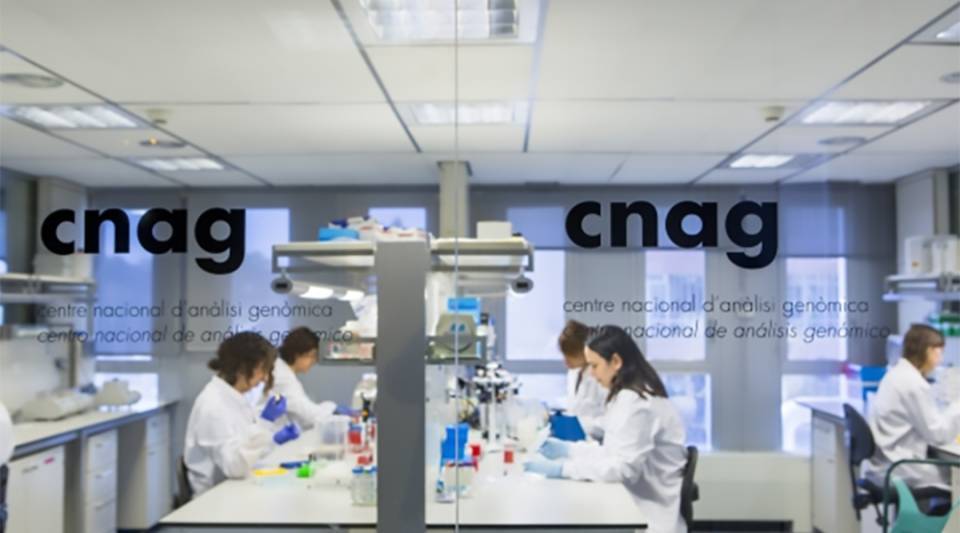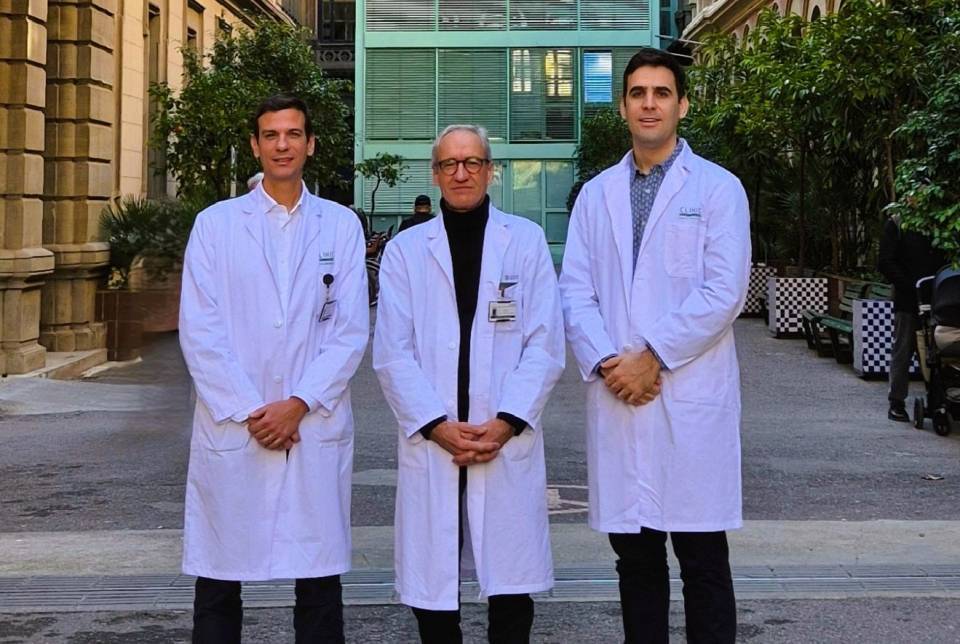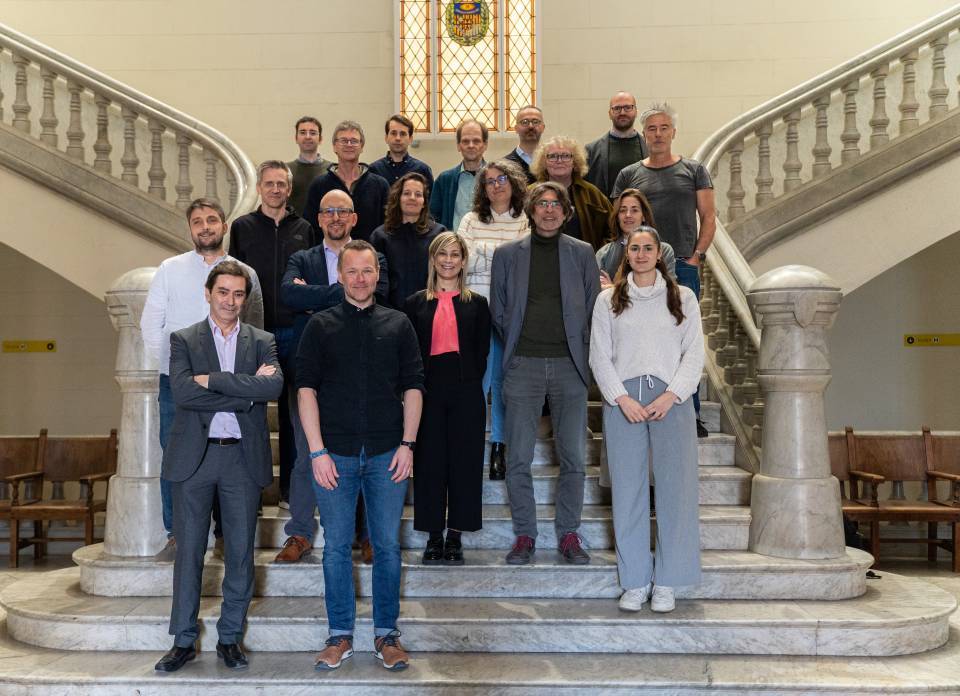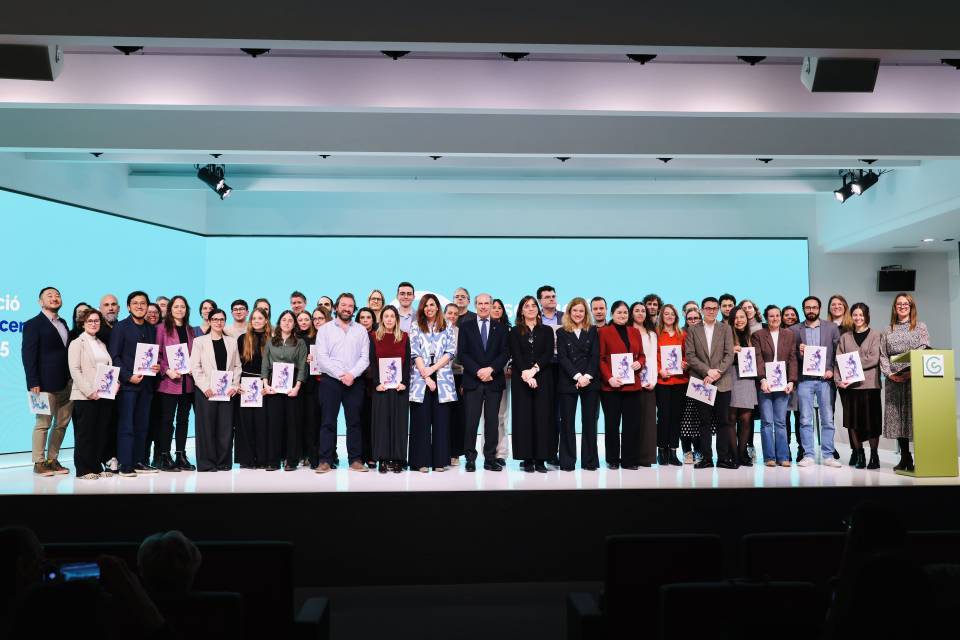Once the extractions of nucleic acids of tumor DNA and germline RNA from cryopreserved biological samples of the patients participating in the study were finalized, they were sent to the National Center for Genomic Analysis (CNAG) for sequencing. At the end of November, the results were received and the bioinformatic processing of the sequencing data began for its correct filtering and analysis. Initially, an individual study of the omic data of each patient will be performed, detecting candidate genetic alterations that cause the phenotype, as well as external factors that may have caused it by studying the mutational signatures in their tumors.
At the same time, the second round of patients has been prepared. Coordinated with the Hospital Clínic de Barcelona and its Biobank, we accessed the germline DNA, paraffin blocks and vials of lymphocytes from the patients of the second batch to proceed with their processing and subsequent shipment to the CNAG platform for sequencing.
Once we have all the sequencing results from the first and second round, we will proceed to integrate the sequencing data of germline DNA, tumor DNA and lymphocyte RNA from patients, to jointly study the alterations linked to colorectal cancer in this cohort of adolescents and young adults.




